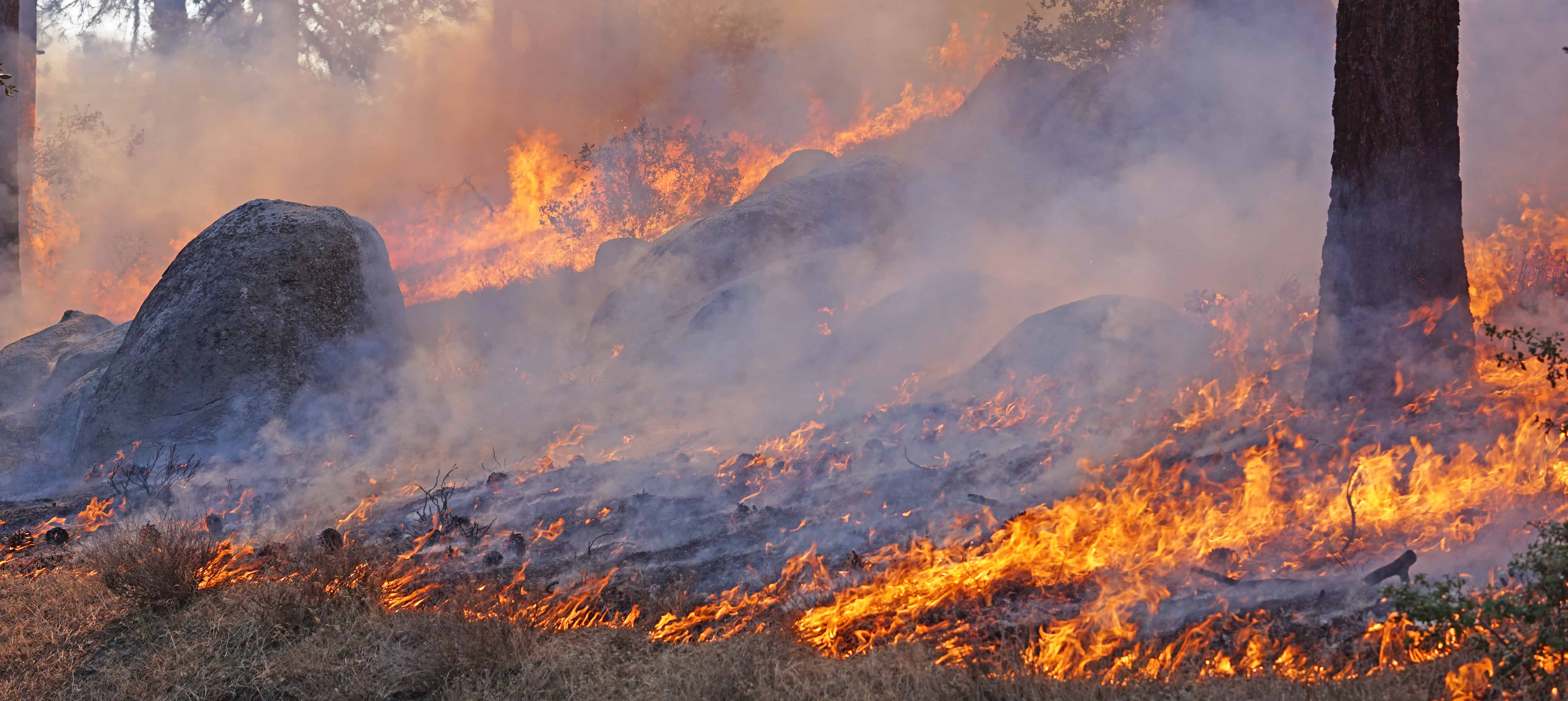Share this article
Tapping into indigenous knowledge to restore ecosystems
When researchers include knowledge from indigenous people — who rely on their environments for their livelihoods — ecological restoration programs have more success, a team of researchers argues in Restoration Ecology. However, these contributions are largely absent from international environmental policy, they say. In an opinion paper in the journal, the researchers discuss reviewing hundreds of occasions where indigenous people used traditional practices to help adapt and restore the landscape. That included burning areas to create biodiversity and waste deposition practices to enrich soil carbon and others. Including indigenous people and local communities “should be a more important focus” in new ecosystem restoration projects, they argued. Not all efforts have been successful, the team found. Projects that succeeded most seemed to occur when local communities were involved in helping design the activities, and they recognized both short-term and long-term benefits of restoration.
Read the study in Restoration Ecology.
Header Image: Prescribed burns like this one aren’t new. Indigenous cultures have historically used them to alter the ecosystem. Including indigenous knowledge in ecosystem restoration can be beneficial to the projects, a team of researchers argues. ©Zach Behrens, Forest Service








